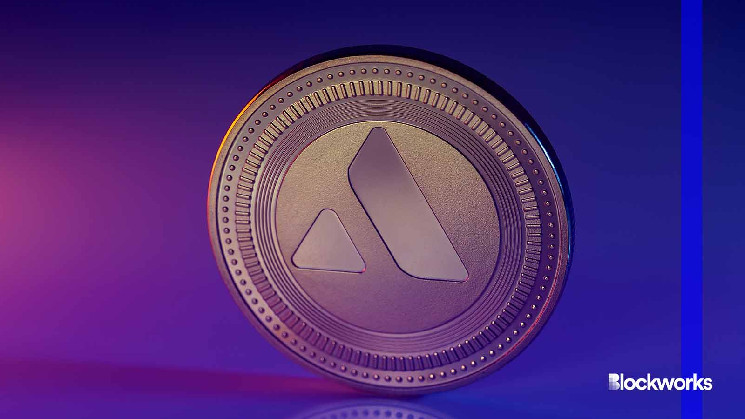Ava Labs will retire its Etherscan-managed block explorer and replace it with a new product called Routescan on November 30.
Users should back up any information they recorded in Block Explorer before the deactivation date, including addresses, private nameplates, and private transaction notes.
According to Etherscan’s website, the decision to discontinue block explorers is often the result of several factors, including the expiration or non-renewal of a service agreement or a lack of team bandwidth.
Luigi D’Onorio, head of DeFi and developer relations at Ava Labs, told Blockworks that Snowtrace will continue as a domain, but the Etherscan implementation will be deprecated and replaced with a new product launch from the Avascan team.
“Avascan is a loyal, native team to the Avalanche ecosystem, offering support for subnets, X-Chain and P-Chain, as well as the C-Chain. The Etherscan implementation simply involved the C-Chain. As Avalanche continues to scale with subnets, it is important that infrastructure partners cover this as well,” said D’Onorio.
Austin Blackerby, an analytics manager at Flipside Crypto, noted that the cost of retrieving data from subnets would be quite high for third-party vendors like Etherscan. It would be much more cost-effective for Ava Labs to bring these resources in-house, he said.
“By bringing this in-house, they can take advantage of internal resources and create a seamless experience across subnets,” Blackerby said.
However, there are downsides to this move, according to Trevor Wenokur, a senior data analytics engineer at Flipside Crypto. Wenokur noted that in the short term there will be a loss of shared expertise and tooling in EVM-compatible chains for both users and the team creating the new explorer.
“Often, EVM-compatible chains share the same (or similar enough) processes and upgrades that allow things like technical solutions for decryption or new approaches to changes in data types, new values, etc. to be efficiently solved in one place and then applied everywhere. once,” Wenokur said.
The business model of block explorers
Carlos Mercado, a data scientist at Flipside Crypto, told Blockworks that block explorers often benefit from foundations that pay for their services.
“For example, the Etherscan team runs cloned user interface blockchains, including Fantom, Polygon, Optimism, Arbitrum, etc.,” Mercado said.
They also sell enterprise API access to their data sets and build a competitive advantage by offering unique data.
“General-purpose block explorers can maintain a competitive advantage by integrating off-chain data such as contract code or ABIs to decrypt transactions,” Mercado said, “giving companies better, faster and cheaper access to historical data about user interactions with contracts.”
Ultimately, however, D’Onorio notes that the key to staying competitive as a block explorer is having a diverse set of well-funded teams working together on the product.
“Deciding who to partner with is really a function of who is aligned in the long term in terms of incentives and focus on your ecosystem and a technically proficient team,” D’Onorio said.

